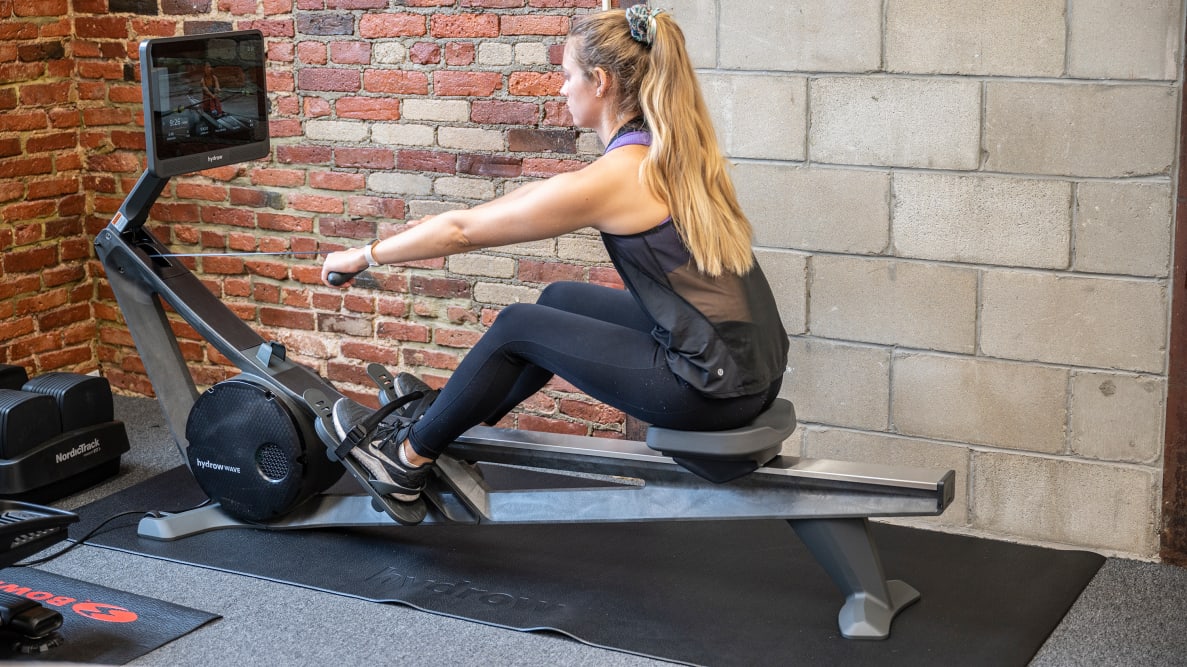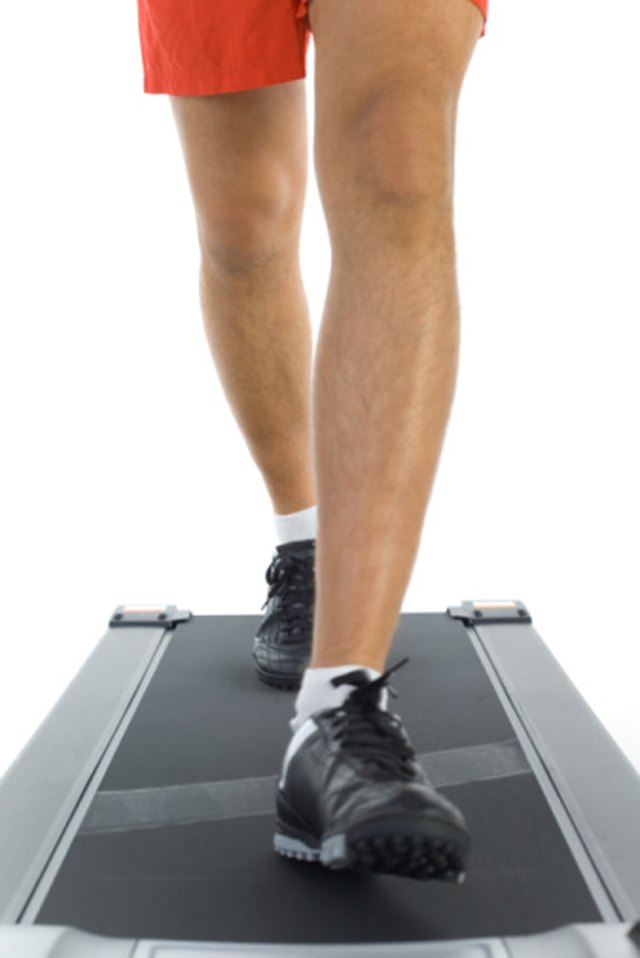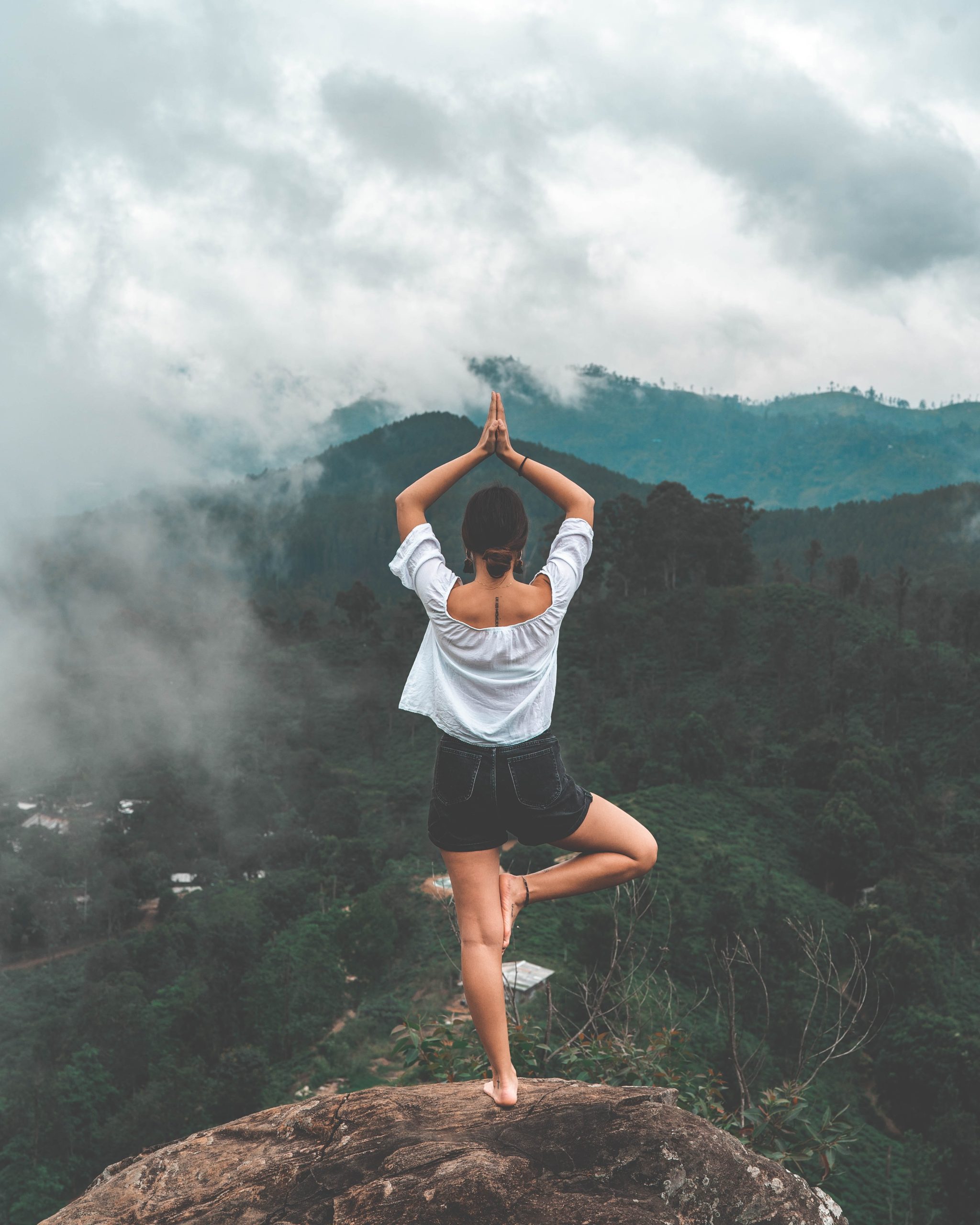EXERCISE
BENEFITS OF USING ROWING MACHINE

When we talk about machines for gyms and sports centers we can find a wide variety of devices, such as stationary bikes, cycle bikes, weight benches, multipower machines or Smith machines and, of course, machines rowing. The latter are some of the most popular in recent times., due to the number of benefits they can offer, because they are easy to use and are accessible to the vast majority. It is for this reason that in this article we focus on explaining what the benefits of using rowing machine are, but we also talk about other important aspects of the rowing machine, exercises and muscles that work with it. Thinking of buying a rowing machine? We recommend that you continue reading to find out in detail.
WHAT IS A ROWING MACHINE?
The rowing machine, or dry rowing, is a device that simulates the action of rowing . This combines the movements of pulling and pushing , which corresponds to the resistance that the water would offer. This is possible thanks to the friction that exists between the gears of the machine. Today, it is very common to find these devices for training with a rowing machine in gyms, it is usually found, above all, in the cardio area; although we can also find it in many homes and personal gyms.
ROWING MACHINE: BENEFITS
The rowing machine, benefits and advantages for our health and body have an impact, above all, on lung capacity, as well as on muscular resistance. In addition, it does not imply any impact, as occurs with other activities such as running. We see it in more detail!
ROWING MACHINE BENEFITS: FAST CALORIC EXPENDITURE
One of the main advantages of the rowing machine for home or for the gym is the rapid caloric consumption that is generated with it — it is very useful for losing weight. While the action of rowing is simulated, it is possible to generate an excellent work that involves almost 85% of the muscles of the human body. This results in a higher calorie consumption, especially since it works at a muscular and cardiovascular level.
ROWING MACHINE BENEFITS: IMPROVES THE CARDIOVASCULAR SYSTEM
As we said, the cardiovascular system is involved in training with a rowing machine. That is why it is so beneficial for the heart, and that is that the rowing machine allows us to work with a medium intensity from the heart muscle itself to the blood oxygen transport system. Resistance exercise improves the function of the heart which uses carbohydrates to provide energy, in turn this aerobic exercise improves the lung and circulation systems.
ROWING MACHINE BENEFITS: MINIMIZES INJURY RISKS
This machine minimizes the risk of injury because when using it there is no impact like, for example, we can have when running on the sidewalk or the road. On the other hand, the knees do not have to maintain a load as high as in other machines, so it is an excellent option for people who are overweight.
ROWING MACHINE BENEFITS: CAN BE USED BY MOST
They are very easy to use and comfortable , so anyone can use them without the need for a professional to explain how they work. No specific preparation is needed to start using a home rowing machine.
ROWING MACHINE BENEFITS: AIDS RECOVERY
On the other hand, when talking about the rowing machine, benefits and advantages, it must be taken into account that it can be used to combine with any other sports discipline —for example, as a passive element focused on muscle recovery, although it can also be used as an active element to complement the exercise.
ROWING MACHINE BENEFITS: REDUCES STRESS
The home rowing machine is also very useful to reduce stress. This is so because cardiovascular training increases the amount of endorphins released in the body and this helps reduce anxiety and nervousness levels caused by stress.
ROWING MACHINE BENEFITS: MUSCLE TONING
The rowing machine, exercises and training plans with this device allow you to tone your muscles. This is so because most of them are compromised. The rowing machine can be adjusted creating stronger resistance to build and train muscle groups.
ROWING MACHINE: EXERCISES
Rowing machines are very easy to use, it is not necessary to have previous knowledge for it. This is the rowing cycle that we must follow to work with this machine:
Rowing machine exercises (The Catch) : We must keep our legs bent in the starting position and our arms fully extended in front of us. The back should remain straight and not force the kyphotic or lordotic curvature.
Rowing machine exercises (The Drive ): To do this exercise we must extend our legs and push ourselves back. Once fully extended, we pull the oar to position the handle below the chest.
ROWING MACHINE: MUSCLES INVOLVED
When answering the question about the rowing machine, muscles it works and percentage, it must be taken into account that it affects practically 85% of the muscles of the human body . The rowing machine works with the joints, with the legs, hips and buttocks simultaneously, but also with the arms, shoulders and back muscles. The trunk and core are also engaged when working with this very popular device that these days you can find in most gyms or you can buy to use at home. In addition, there are many models of rowing machines that are easily foldable when they are not being used and take up very little space in the house. In our online store Fitness Tech you can find several folding rowing machines at the best price .

EXERCISE
Benefits of walking backwards

Table of Contents
Discover the benefits of walking backward.
If you got excited when your toddler started walking, wait until he goes backward! Walking backwards may seem like a simple and silly movement, but mastering this action by your little one is truly impressive and offers many developmental benefits.
Here are some reasons why practicing backwards with your child is so valuable.
Benefits of walking backwards
Security
The most important reason to learn to walk backwards is safety in the first place. When your toddler falls forward, he can use his hands to break the fall and push himself back.
Practicing walking backwards allows you to increase your ability to use your legs to prevent a backward fall.
You will slowly learn to counteract a backward fall by taking a few steps back to regain your balance. Protecting your head and spine from these falls is the main reason for this achievement of the movement.
Strengthens leg muscles
If you’ve ever tried walking backwards as a fitness exercise, you may have noticed that it engages other leg muscles than walking forwards.
Walking backwards engages the calf muscles, glutes, and quadriceps, which are very helpful muscles for toddlers on the go! Strengthening these leg muscles can help you achieve other movement milestones like climbing, kicking, and even dancing.
Improves balance and coordination
Any type of exercise that improves a child’s balance and coordination is good, and walking backwards does it! Balance and coordination are the foundation of many physical activities, such as learning to ride a bike or playing catch.
Walking backwards is not only great for your little one’s core muscles and postural control, but it’s also a great workout for their cerebellum, as learning to balance while walking backwards facilitates the growth and development of neurons in the brain.
Also Read: Benefits of walking barefoot
Strengthens spatial awareness
Walking backwards also helps increase your spatial awareness, which is a cognitive skill that tells us our position relative to objects around us.
Exercising your backtracking skills allows you to understand how your body and body parts move around a room without bumping into things.
Develop proprioception
Your child’s proprioceptive sense is his ability to internally determine where his body parts are and how much effort it takes to move them.
This internal sense helps guide your backward movements without the need to look back and prevents you from falling.
Walk Back Achievements
Between 16 and 18 months, you will most likely see your toddler master lateral movements and eventually take a few steps backwards. For a time, he may seem like a clumsy little sailor doing the cha-cha-cha.
But as his muscles develop and his balance strengthens, he will feel more and more confident backing up.
Around 28-30 months, you will notice that his steps become steady and steady, allowing him to move backwards halfway across a room (approximately 10 steps). A great feat for little feet!
Remember that little ones reach these milestones of movement at different times and in different ways.
EXERCISE
Adele’s Doctor Reveals Her Weight Loss Secret … And It’s Not Exercise

Table of Contents
EXERCISE
Health Benefits of Yoga

The ancient healing system and practice of yoga, which literally means ‘to join together’ was developed in India more than 5000 years ago by Vedic priests. Their sacred texts and the teachings of yoga rituals sought to develop awareness between the mind and body through synergy, strength, and harmony. During subsequent millennia, the modern or Western approaches and Health benefits of yoga of the study and practice of yoga has undergone variations but follows traditional methods.
Indeed, science continues to corroborate the health benefits of yoga as demonstrated by research at National Center for Complementary and Integrative Health, American Society of Clinical Oncology, Harvard Medical School, as well as numerous other scholarly, fitness, and health and wellness institutions and facilities such as IDEA Health & Fitness Inc. Today’s practice combines a series of poses, movements, or postures that incorporate proper breathing techniques – the body’s vital energy to find peace and achieve serenity.
Popularity of Yoga
Over the past two decades, the popularity of yoga has experienced incredible growth and for good reason. As the revolution of fitness fads, diets, and gimmicks have increased in order to mitigate the rise of obesity, heart disease, Type II diabetes, and other symptoms of morbidity, the practice of yoga has simultaneously evolved as one of the best ways to increase health and vitality, improve flexibility, athletic and sports performance, maintain or increase cardiovascular fitness, build muscle tone, help with weight loss, boost immunity, improve quality of sleep, and reduce depression. As a mind-body alternative medical advancement with a take charge impact on spirituality, yoga has stood the test of time with more than hundred variations or schools of practice.
Yoga for Depression

According to the World Health Organization (WHO), depression is a major disability on a global scale (NIMH). In addition, the surge of available technology has become one of the dominant avenues that people capitalize upon in order to stay connected with coworkers, friends, and family. The combined sources of social media and networking provide easy access on a daily basis, but the high tech overload leaves a wake of isolation and lack of personal connection. The results may lead to stress, insomnia, anxiety, alienation, and depression. According to IDEA, a professional fitness and wellness association, “Depression is a common mood disorder characterized by feelings of guilt, hopelessness, and worthlessness” (Lipton. 2008).
Recent research and clinical studies through the National Center for Biotechnology Information, the National Institutes of Health, and Harvard Medical School indicate that yoga is a favorable intervention and alternative method to reduce the stress response as well as a viable option to the treatment of depression and insomnia. Typical exercise regimes and programs focus on the physical aspects and attributes of wellness. Although these are critical to longevity, overall health, and vitality, Yoga incorporates the physical component with meditative, proper breathing, relaxation, and self-actualization. Together, the practice of yoga culminates in reducing depression through better mental clarity, less physical pain, increased positive self-esteem, enhanced peace of mind, reduced stress, promotes transformation, and leads to healthier lifestyle choices.
Yoga for Seniors
Yoga is one of the safest workouts for people of all ages with many choices available for every level of fitness, body type, and skill level. Whether you are a beginner or a seasoned practitioner, a yoga workout is low impact and joint friendly. Seniors benefit from yoga because it improves their bone health, which is critical to preventing bone loss, fractures, and osteoporosis. Moreover, Yoga helps with posture, protects the spine, reduces the risk of injury, lowers blood pressure and blood sugar, improves immunity, increases balance, flexibility, range of motion, and strength, enhances blood flow and circulation, prevents damage to soft tissues, is an excellent component to rehabilitation and injury recovery, builds body awareness, improves breathing, and leads to heightened inner strength; all critical factors for healthy aging.
Yoga Class
In order to participate in a yoga class, all that is required is comfortable, breathable clothing as well as a few other props. Most studios provide a mat and also recommend going barefoot. However, some people benefit from props such as cushions, straps, blankets, and yoga blocks. Yoga Blocks raise the level of the floor to accommodate individuals with less flexibility or to allow beginners to reach poses with more ease and comfort. Yoga blocks also assist with balance, alignment, and facilitate holding poses for longer periods of time without the risk of injury, but proper use is essential to a positive Yoga experience. Blocks can be used in seated poses, standing positions, or under the head when lying down on the floor for abdominal or meditative work.
Precautions
There are many health benefits of yoga, and with the variety of classes now available, everyone stands to gain from engaging in the practice. Nevertheless, there are some conditions that warrant precaution and a consultation with a medical practitioner including severe osteoporosis or balance problems, poor conditioning, herniated disks, pregnancy, impaired circulation, and certain eye problems such as glaucoma.
Stay up to date on the latest in health and nutrition by signing up for our free newsletter series.
-

 Benefits4 months ago
Benefits4 months agoThe Benefits of Joining Gym Lumolog – Improve Your Fitness & Health
-

 Food1 year ago
Food1 year ago10 + Benefits of carrot juice and side effects
-

 Health1 year ago
Health1 year ago50 Super Healthy (And Very Often Cheap) Foods
-

 Health1 year ago
Health1 year ago5 Shocking health benefits of kinkeliba and side effects
-

 Food1 year ago
Food1 year ago8 shocking benefits of leek juice and side effects
-

 Health1 year ago
Health1 year agoBenefits of guava leaves Sensually
-

 Health1 year ago
Health1 year ago15 Benefits of lipton tea and side effects
-

 Weight Loss1 year ago
Weight Loss1 year agoChaz Bono weight loss secret